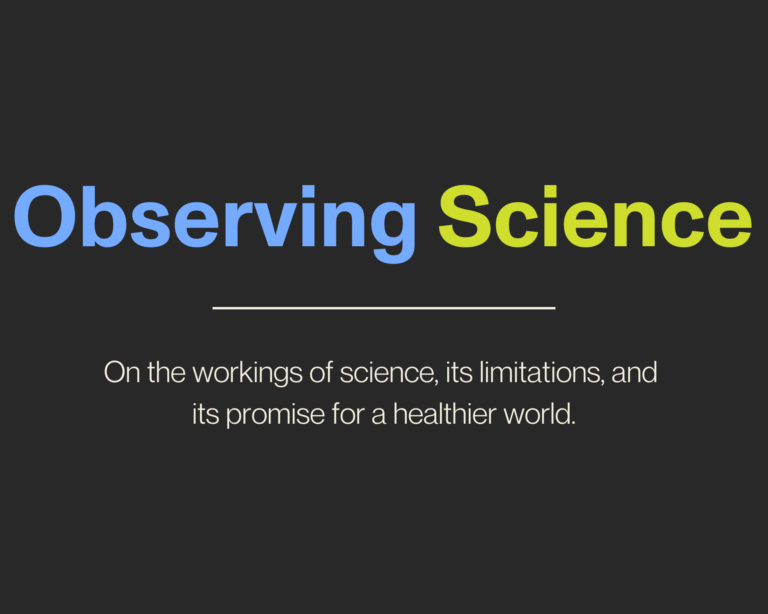A Science of Values
On the importance of values and how science can help us either implement or reconsider them.

Read Time: 4 minutes
Published:
In the public realm, our values are thought to reflect our personal tastes, arbitrary and unverifiable—a matter of will and subjectivity. This subjectivity may seem to put values at odds with science and claims that can be objectively verified. A strong strain in science argues that we should remain “value-free” and even “ethics-free.” This perspective argues that we value the appearance of not having values, or at least having them well-managed through the use of objective methods.
Yet this fact-value distinction ignores a cultural and political reality: policymakers create policy that may include evidence but always has value commitments in mind. And various efforts in science are catching on, attempting to study values as an intrinsic part of science.
Values are subjective, but they are also important determinants of decisions. For example, in the world of consumerism, when car shopping, evidence may inform your beliefs about which car will require the fewest repairs, is most fuel-efficient, and is likely to maintain the highest resale price. But, to decide which car to buy, you must choose which of these outcomes, these pieces of evidence, you value most. To remain “objective” as scientists, we have only one choice: to describe human values just like any other phenomenon. “Descriptive valuing” aims to describe the values of key issues to inform decisions, and science requires decisions at every turn. Why, for instance, in a study of depression do we focus on depressive symptoms when we might value social connection at least as much as symptom reduction? There are a host of options for what’s most important that we rarely consider, and we need to be aware of our choices.
Values may be grounded in beliefs, but they are amenable to evidence and deliberation in some cases.
The notion of descriptive valuing has much to commend it. It attempts to grapple with something—values—that we largely try to ignore in science despite its obvious role in shaping all we do. And yet, a reliance on descriptive valuing has limitations. Conceptualizing values as decision inputs assumes that values are stable and that people know their preferences well enough to report them reliably. This assumption persists despite scant support. Moreover, the way evidence is presented influences values, what some call framing. Indeed, values often shift throughout decision-making to cohere with the final choice—especially when choices require tradeoffs between multiple valued outcomes.
A related approach is offered by evidence-based practice. Traditional evidence-based practice in biomedicine emphasizes evidence only—not values. Yet biomedicine, in its use of cost-benefit and decision analyses, has also tried to enumerate values, transforming values into bits of evidence, making values more scientific. By incorporating values as “utility weights” (i.e., numerical indicators of preference for a specific health state), biomedicine can explicitly recognize the importance of patients’ values and preferences.
Another way of conceptualizing a science about values suggests that values are socially constructed and can be influenced through deliberation of evidence. Economist Amartya Sen claims that “values are established or validated and recognized through discussion, an activity that is at once social, intellectual, and creative.” Indeed, “someone disputing a value judgment put forward by another person can have a scientific discussion on the validity of the value judgment by examining the truth of the underlying factual premise or the logical derivation.” Sen goes on to argue that the reasons for recommending the rejection of a value judgment may be purely scientific. Values may be grounded in beliefs, but they are amenable to evidence and deliberation in some cases.
Are values an appropriate and productive topic of deliberation for scientists? We believe that scientists and other users of evidence need to recognize the importance of values and how science can help us to implement the values that we already accept, or to reconsider them. Can we measure the back-and-forth between evidence and values, the “what will happen” to the values we shift when evidence changes? Can we construct a systematic science that instructs thoughtful deliberation on this relationship? We hope so. Such an approach would be valuable indeed.
Previously in Observing Science: Censoring Ourselves




